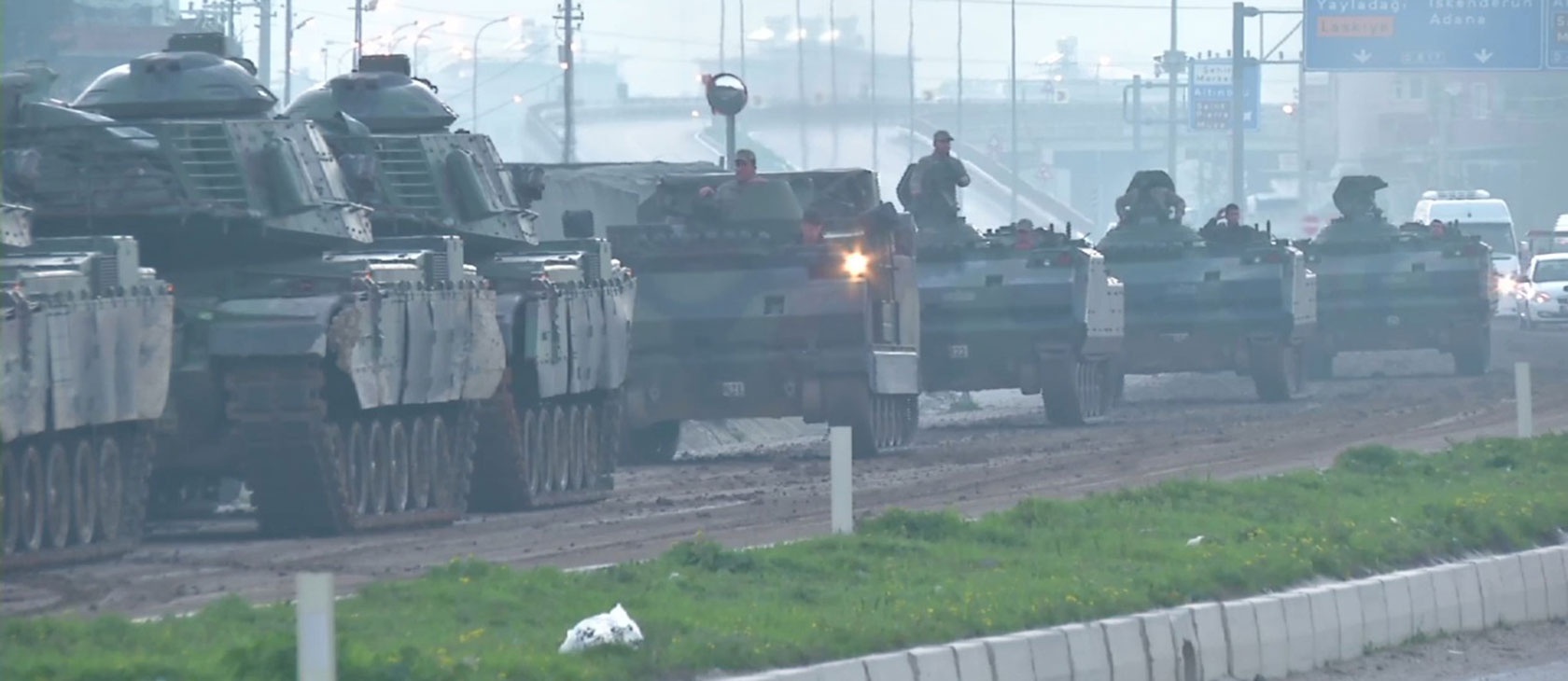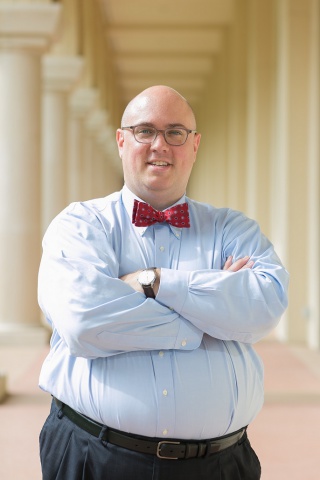This month marks the seventh anniversary of the start of the Syrian Civil War. Syria was, albeit governed by dictator Bashar al-Assad, a stable nation but today it is in ruins, with so many fault lines and battlefields that it is nearly impossible to sort out the contending interests inside the nation. The ripples of the conflict have reached every continent.
The war has given rise to the Islamic State, has triggered a mass migration of 5.6 million refugees into Europe and other regions, and has resulted in, according to one estimate, more than 500,000 deaths – and counting. The sets of belligerents, co-belligerents, allies, and enemies are complex and fractured. Many are functioning as the ground proxies of foreign powers and groups. Most nations are fearful of engaging too deeply in the conflict lest they become trapped in an unwinnable quagmire, or worse, help to ignite a world war.
Afrin is the site of what has the potential to become a genocide on a Rwandan scale.
Northern Syria is an area that has seen intense fighting, bloodshed, and destruction, but it has become relatively peaceful. When the multi-ethnic population was faced with annihilation, anarchy, or assimilation into the Islamic State, a new government arose: the Democratic Federation of Northern Syria. This government is not recognized by the U.N. or any foreign nation. Still, the de-facto governing authority of the region is the only non-sectarian government in the Middle East and it has intentionally modeled itself after the United States, recognizing the rights of all people regardless of their faith, gender, or ethnicity. The region includes Afrin, a city situated in the northwestern corner of Syria on the border with Turkey. Afrin is the site of what has the potential to become a genocide on a Rwandan scale.
The city of Afrin was defended by various militias loosely organized into the Syrian Democratic Force (SDF). These militias’ alliances and histories are complex, and their resources and levels of preparedness vary. It is true that some factions within these militias have been linked to separatist violence in Turkey, but the fact remains that the SDF is what is presently standing between the people of Northern Syria and annihilation. Because Turkish President Recep Tayyip Erdogan considers SDF to be an existential threat to his nation, NATO’s second largest standing army camped at the city’s gates, having cut off Afrin’s water, electricity, and cell service while bombing escape routes out the city. On March 18, Erdogan announced that the Turkish Army had taken control of the city.
Furthermore, the Syrian Islamic Counsel has announced a fatwa promising an extra allotment of virgins in paradise for those who kill Christians. Once one of the very few places in the Middle East where Christians and even Christian converts were allowed to practice their faith freely and openly, Afrin is now a hunting ground for jihadists to track down and massacre these followers of Jesus who are now their prey. Indeed, while some 90 percent of Syrians are Muslim, it is home to ancient Christian communities, mostly Eastern Orthodox. Since the start of the civil war, the Christian population has declined precipitously.
The consequences of Turkish success in this illegal and immoral offensive could be devastating to millions around the world. ISIS has been severely weakened over the past several months, but it has not been eliminated. The destruction of the Democratic Federation of Northern Syria eliminates the organization closest to the most fertile ground for ISIS to regroup, recruit, and train. A resurgent ISIS is not a pleasant prospect. Turkish victory would also mean the violent end to what could be a model for rebuilding post-conflict Syria and the wider Middle East. Democracy is delicate and takes time to solidify and stabilize. Northern Syria’s diverse people have banded together to create a fragile pluralistic, liberal oasis that should be protected and allowed to flourish. Instead, it is viewed as a threat and the world passively watches as it faces elimination for both political and religious reasons.
Democracy is delicate and takes time to solidify and stabilize.
The jihadists who are assaulting innocents in Afrin do not represent the majority of the followers of Islam. It is reasonable to assume that few Muslim wants the type of violence and destruction that the world has seen in Syria the past seven years, and most surely desire to live in peace. But when people live in authoritarian societies, they inevitably understand themselves to be in a fight for survival, so it is easy to see how leaders from Erdogan down to jihadist militia commanders effectively frame the assault on Afrin as a holy war that is ultimately oriented toward destroying a system of ordering society that is antithetical to their own.
In 1993, Samuel B. Huntington warned, “the conflicts of the future will occur along the cultural fault lines separating … civilizations.” We are seeing Huntington’s warnings come to pass today. In the West, small outposts of non-Western culture either lash out beyond the outpost’s borders like the terrorists radicalized and trained in Molenbeek, Belgium, or the outposts attempt to operate according to imported values as in the child exploitation scandal in Rotherham, United Kingdom.
The Federation of Northern Syria has created a liberal, democratic outpost that has imported the values of the West, but in doing so it has implicitly rejected the oppression and rigidity of the competing worldview that surrounds it. The West has not only a moral duty to the people of Afrin to stop their genocidal massacre, but also a prudential duty to the citizens of the Federation to protect the normative ideals that enable the emergence of free, open, and pluralistic societies where all people can flourish—even those who reject the fundamental values that make that flourishing possible.




